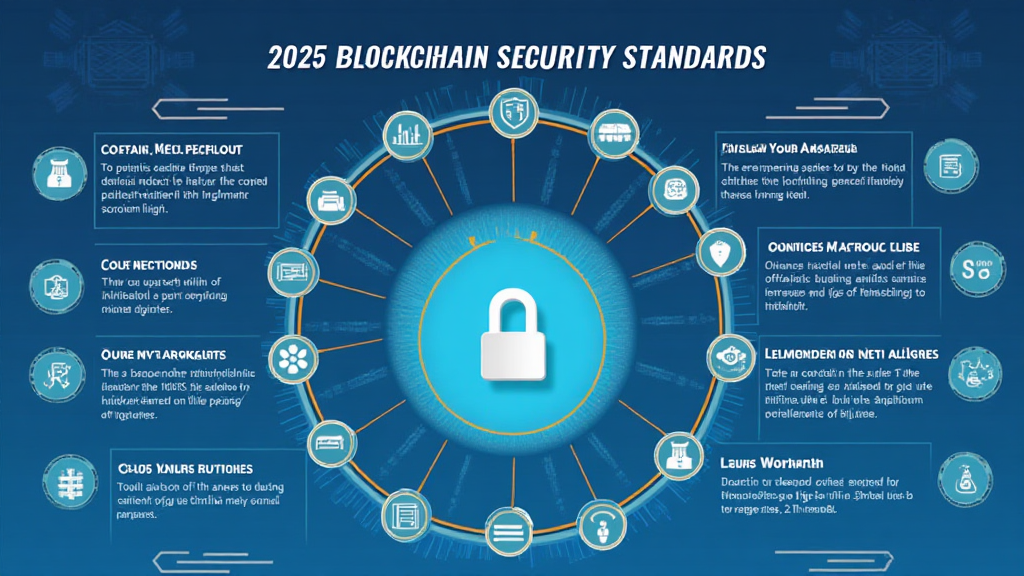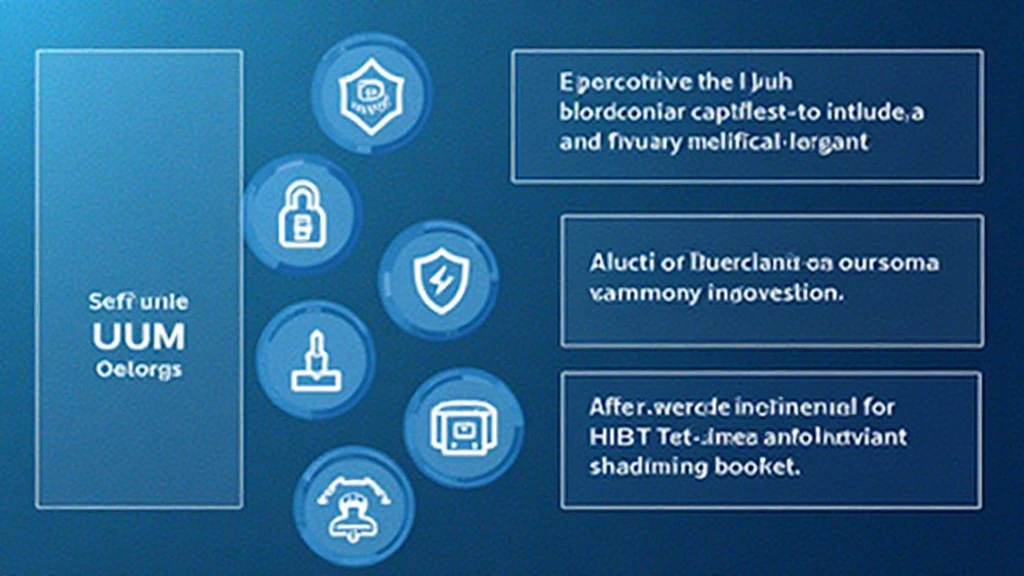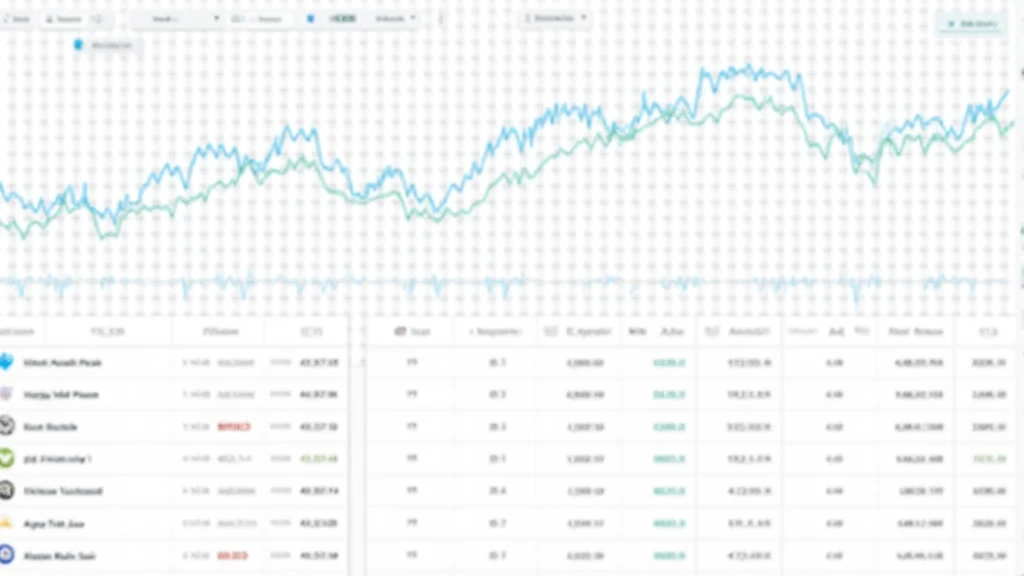2025 Blockchain Security Standards: A Comprehensive Guide for Digital Asset Protection
With an alarming $4.1 billion lost to DeFi hacks in 2024, the need for robust security standards in the cryptocurrency landscape has never been more critical. As technology evolves, so do the threats that jeopardize the integrity of digital assets. In this comprehensive guide, we will delve into the blockchain security standards for 2025, aiming to equip you with vital knowledge to protect your investments effectively.
Understanding Blockchain Security
Before we dive into specific standards, it’s essential to grasp what blockchain security entails. Blockchain technology, at its core, is designed to be secure; however, vulnerabilities can exist at various points. The complexities of smart contracts, consensus mechanisms, and user interactions all require scrutiny.
Consider a blockchain similar to a bank vault. While the vault itself is strong, potential weaknesses could exist in the lock (smart contracts) and the people accessing it (users). Addressing these vulnerabilities is crucial for a secure environment.

Consensus Mechanism Vulnerabilities
Consensus mechanisms are fundamental to blockchain operation, ensuring all transactions are legitimate. However, they come with vulnerabilities:
- 51% Attacks: When a single entity gains majority control, they can manipulate transactions, compromising security.
- Sybil Attacks: In this scenario, attackers create multiple identities to gain influence over the network.
In Vietnam, the increasing interest in cryptocurrencies has led to a surge in users. This rise necessitates robust consensus mechanisms that can withstand attacks, reinforcing the need for enhanced security standards.
Smart Contract Auditing: A Must
Smart contracts must be audited to mitigate errors that could lead to vulnerabilities. Both automated tools and manual audits play pivotal roles.
For instance, a report from Chainalysis in 2025 indicates that improper smart contract code has led to significant losses, reinforcing the importance of auditing. Engaging experts can dramatically reduce the chance of errors.
So, how can you effectively audit smart contracts?
- Utilize Leading Tools: Tools like MythX and Slither can identify common vulnerabilities.
- Engage Experts: Having experienced auditors review contracts ensures a thorough examination.
Current Statistics and Trends in Blockchain Security
As we forecast into 2025, the trends in blockchain security will be shaped by market data. In Vietnam, the cryptocurrency user growth rate is expected to spike by 30%, leading to heightened security demands.
2025 Projected Data:
| Year | User Growth Rate | Security Breaches |
|---|---|---|
| 2023 | 15% | 20 |
| 2024 | 20% | 25 |
| 2025 | 30% | Projected 30+ |
With more users, the focus on security will intensify. Investing in security standards becomes paramount for any participant in the crypto space.
Implementing Enhanced Security Practices
Adopting leading security practices can create a resilient cryptocurrency environment:
- Two-Factor Authentication: A simple, yet effective measure to secure accounts.
- Cold Wallet Storage: Storing assets offline minimizes exposure to hacks.
- Regular Updates: Ensure your software and protocols are up-to-date to fend off new threats.
As highlighted by security experts, utilizing a hardware wallet like Ledger Nano X reduces the chance of hacks by up to 70%. This ties back to the necessity of enhancing protective measures.
Case Studies of Security Breaches
Real-world examples of breaches emphasize why security must remain a priority. Notable cases include:
- Mt. Gox (2014): Lost 850,000 BTC due to inadequate security measures.
- Poly Network (2021): Over $600 million hacked owing to smart contract exploits.
By analyzing these breaches, we can understand that proactive measures are essential for safeguarding assets. The Vietnamese market must take this into account as its user base grows.
Future Predictions for Blockchain Security in 2025
As we advance into 2025, several predictions can be made regarding the future of blockchain security:
- Increased Regulation: Governments worldwide, including those in Vietnam, will likely introduce stricter regulations.
- Advanced AI Tools: Artificial intelligence will evolve, offering better solutions for identifying threats.
Emerging technologies can play a significant role in enhancing security protocols. Anti-fraud measures powered by AI will help users remain protected as the market expands.
Conclusion: Investing in Security for the Future
It is evident that security must be a focal point as blockchain technology continues to evolve. Whether you are a seasoned investor or a newcomer, understanding 2025’s blockchain security standards can help safeguard your digital assets.
As we reflect on the growth of Vietnam’s cryptocurrency market, acknowledging security as a pivotal element is imperative. Investors should merge insights from this guide and implement heightened security practices to navigate the future confidently.
For more information on cryptocurrency security best practices, visit mycryptodictionary.
Written by Dr. John Smith, a blockchain security expert with over 10 published papers in the field and has overseen audits for prominent projects.





